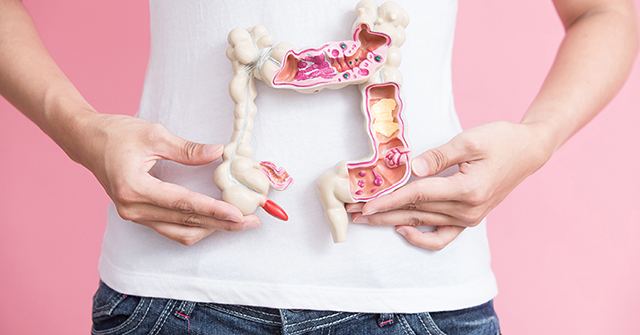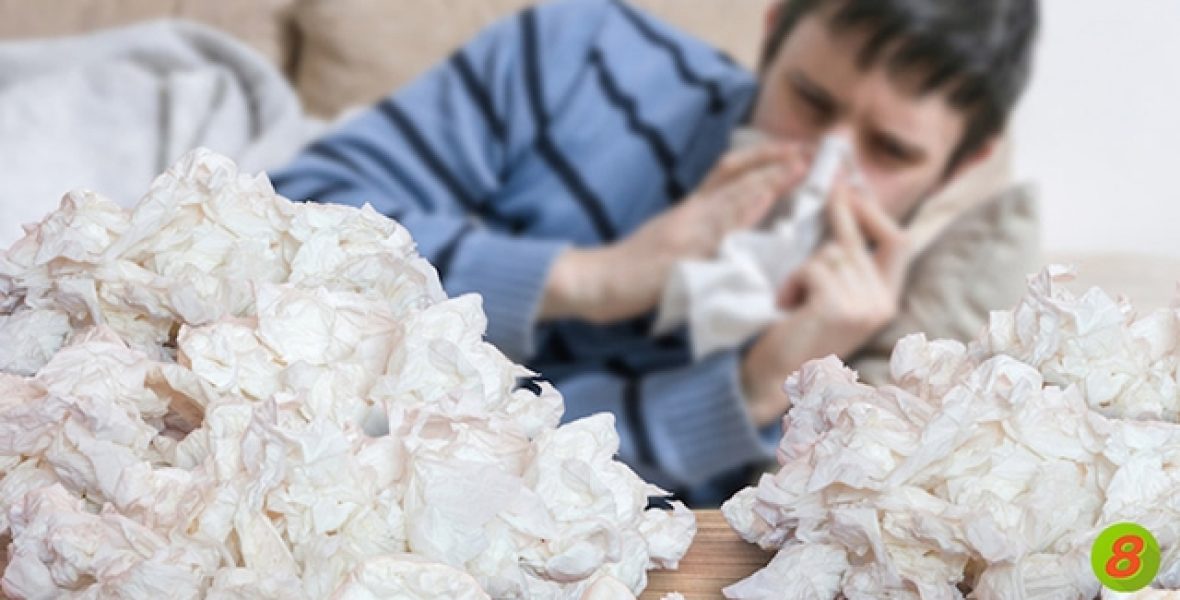In the good old days as kids, we sometimes wanted to fall sick just so that we didn’t have to go to school and could have a day at home. But now unfortunately, as adults, we don’t enjoy that luxury, with a busy life and many responsibilities, at home and at work. Plus, who wants to feel sick anyway? So whilst boosting your immune system may not sound as sexy as the latest fat-shredding workout, it’s just as important in the big scheme of our health. So what can you do to give your immune system a much needed boost? Well, read on.
How does our immune system work?
Our immune system is a powerful weapon against nasty bacteria. On the whole, it does a remarkable job of defending us against disease-causing microorganisms. It even has two main ways it works – innate and adaptive. The innate immunity system is your first line of defense for every injury or illness. If this fails, the adaptive immune system comes into play. It is adaptable and is able to activate, proliferate and adapt in order to identify the infection and destroy it. In order for both of these systems to work effectively, you’ll need an adequate amount of immune cells and to maintain them.

How do we do this? And can our diets and lifestyle improve our immune system? The answer is yes. Studies have shown that the food we eat and our lifestyle can have positive impacts on the overall health of our immune system. Of course there’s no magic pill to boost your immune system, but here’s 6 ways you can support your body and keep your immune system in top shape!
1. Adequate sleep
We’ve spoken many times about the importance of sleep. Getting enough sleep is the one thing many people ignore. During sleep, the body fights against infections, repairs cells, and rejuvenates the body. When your body does not have enough rest, it is unable to perform these actions to the best of its ability and it can make your body more susceptible to infections. One study even found that those who averaged less than 7 hours of sleep a night were three times more likely to develop a cold than those who averaged 8 hours a night. So don’t just focus on your nutrition and exercise and ignore your rest and recovery. A lot happens when you’re asleep.
Our recommendation – Sleep between 7 – 8 hours daily is highly recommended and more important than you realise!
2. Get active!

If you’ve been reading this blog for any length of time, you’ll have heard all about the many benefits of exercise. Keeping an active lifestyle is definitely one way to boost your immune system. Time and again, studies have shown that exercise boosts immune response in various ways, such as improving blood circulation, which allows the immunity cells to circulate more efficiently. We’re not saying you overdo exercise, and we’re not encouraging you to workout when you’re sick. But we are, once again, encouraging you to be active and get moving.
Our recommendation – Include 150 minutes of physical activity weekly and try to include as much activity as you can daily, such as taking the stairs or walking to the bus stop!
3. Have enough vitamins and minerals
It is hard to pinpoint which specific vitamins or minerals you should take because each ones supports different functions and overall they compliment each other to boost your immune system. For example, zinc and vitamin C may reduce the severity of colds. The main point to remember though is to first nourish your body with healthy wholefoods to give it the vitamins, minerals and antioxidants it needs. Clean eating and food come before supplements! If you fill your car up with unlean petrol it wont run as well as it can. And it’s the same with we humans. If you fill your body with rubbish, how do you expect it to operate at its maximum.
Our recommendation – Have a balanced diet with a variety of greens, fruits and multivitamins!
4. Improve your gut health

Our gut health is fast becoming a centre of attention for disease risk, muscle protein synthesis and fat metabolism. We’re learning more every day. Did you know that two-thirds of your body’s entire immune cells are found in the gut walls. Your gut is instrumental in metabolising food and bodily toxins. It is where bacteria and the immune system meet.
Our recommendation – Don’t neglect your digestive health. Eat a high fibre diet, drink lots of water, eat well and incorporate some probiotics in your diet.
5. Meditate
Mental wellness is just as important as physical health. Oftentimes, emotional stress is hard to define as what may be stressful to one may not be to another. Long term or chronic stress could take a toll on your health as the body constantly produces the stress hormone cortisol, which makes your immune system more vulnerable to infections. So the more positive emotions you can feel and express, the better for your body, and your immune system.
Our recommendation – Meditate for 10 – 15 minutes when you feel like you need it to help lower your body’s cortisol levels and calms you down. A little goes a long way!

6. Good hygiene
Although this does not directly affect your immune system, it is also as important to maintain a good hygiene to prevent infections from happening in the first place. Prevention is always better than cure!
Our recommendation – Cook your food thoroughly to kill harmful bacteria and do not allow cross contamination of raw foods as this paves the way for nasty food borne illnesses. Wash your hands well and if you have an injury, disinfect and bandage your cuts to reduce the amount of germs entering your body.
The bottom line is what you probably already know as common sense. The first line of defence is to choose a healthy active lifestyle. It is the single best step you can take toward naturally keeping your immune system strong and healthy. And of course, it has far more benefits that that – something you know we believe!












